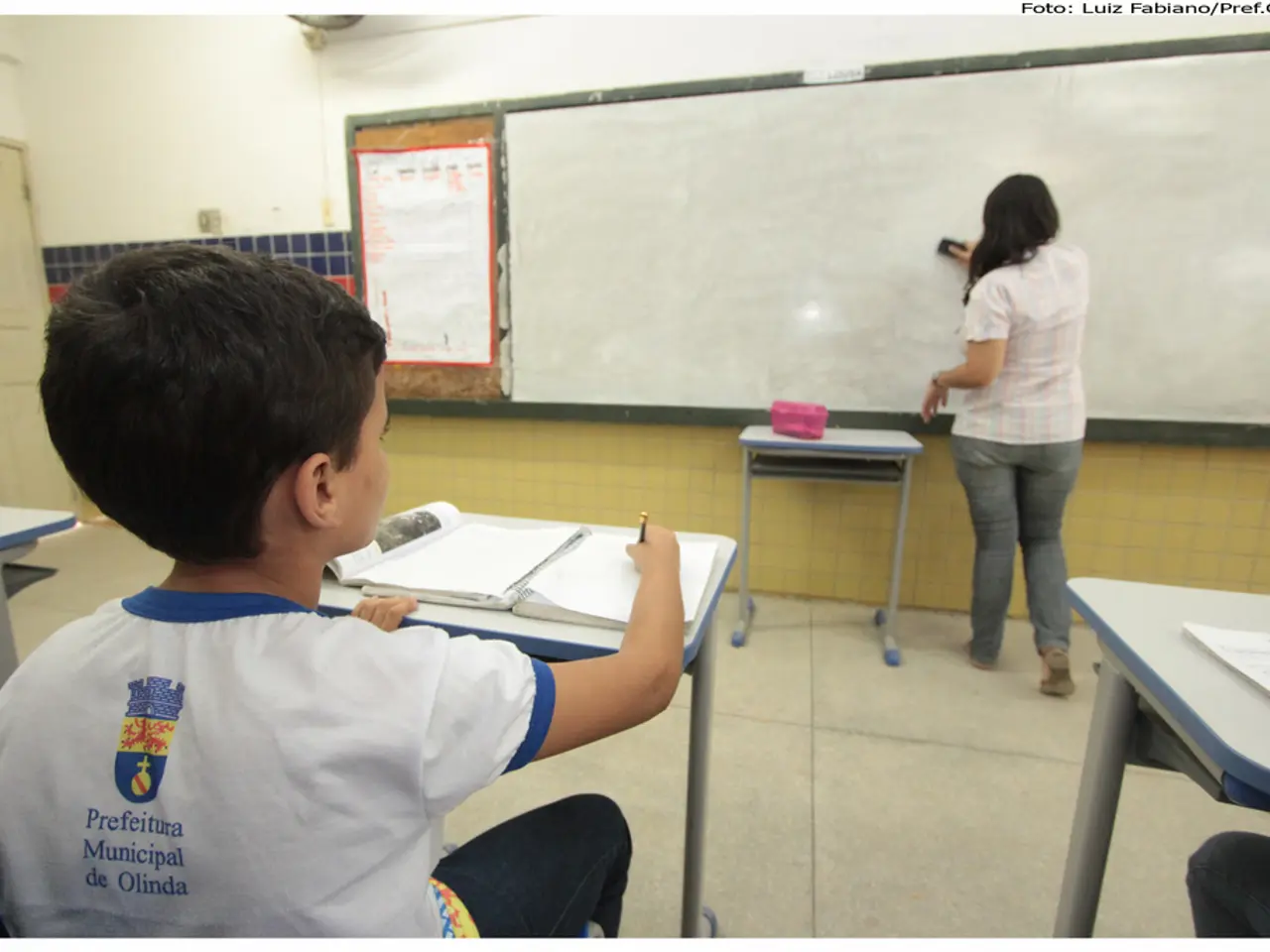Classroom Behavior Improvement: Daily Report Cards Reduce Disruptions in ADHD Students
A groundbreaking study has revealed that the implementation of daily report cards (DRCs) can significantly improve classroom behaviour for children with Attention Deficit Hyperactivity Disorder (ADHD) who are enrolled in special education programs with Individualized Education Programs (IEPs).
The research, conducted by Gregory Fabiano and his team, involved 213 children aged between 5 and 13, across several schools in Western New York and Southern Florida. All the children had an ADHD diagnosis and were part of special education programs with active IEPs.
The study, published in the Journal of Consulting and Clinical Psychology (2025), found that children who used daily report cards had fewer incidents of disruptive or rule-breaking behaviour compared to those who received standard special education support. Teachers reported fewer ADHD symptoms and reduced classroom difficulties for children using the daily report card approach.
Key findings include a marked decrease in disruptive or rule-breaking behaviour, fewer ADHD symptoms, and lower functional impairment during the school day when DRCs are used. The effectiveness of DRCs is linked to how well the goals on the IEP align with the intervention; children with lower-quality IEPs benefited even more from the DRCs.
Practically, DRCs function as frequent, structured feedback tools that help teachers track and communicate behaviour goals clearly and consistently, which facilitates behaviour management and accountability. They also provide a bridge between school and home, involving parents in reinforcing positive behaviours.
The study offers an encouraging message for teachers, parents, and schools, suggesting that simple daily feedback, clearly defined behavioural goals, and small rewards at home can lead to meaningful improvements in classroom behaviour for students with ADHD. However, it's important to note that while behaviour improves significantly, studies did not show a notable impact on academic performance or progress on academic goals within the typical timeframe of these interventions.
The daily report card method was practical and user-friendly, able to be used consistently, even during periods of school disruption due to COVID-19. Future studies should examine how easily schools could implement this strategy independently. The study took place over only three months, which may not have been enough time to fully assess the intervention's impact on academic achievement.
The study also highlights the need for teachers to receive adequate training in managing behaviours associated with ADHD, such as hyperactivity, impulsivity, and inattention. As more schools adopt the DRC approach, it's crucial to ensure teachers are equipped with the necessary skills to effectively implement this intervention.
In conclusion, daily report cards are a viable, evidence-based behavioural intervention for children with ADHD in special education, improving classroom conduct and reducing ADHD-related functional impairment, though they do not directly enhance academic outcomes. This innovative approach could revolutionise the way we support children with ADHD in the classroom, providing a practical solution to manage behaviour and foster a more conducive learning environment.
- The practice of psychology, specifically clinical psychology, plays a crucial role in understanding and diagnosing Attention Deficit Hyperactivity Disorder (ADHD).
- This study, published in the Journal of Consulting and Clinical Psychology, emphasizes the importance of education and self-development in managing ADHD, focusing on practical strategies like daily report cards (DRCs).
- The use of DRCs in special education programs with Individualized Education Programs (IEPs) can lead to significant improvements in behavior, emotions, and mental health for children with ADHD.
- Research reveals that DRCs can help teachers track and communicate behavior goals effectively, fostering personal growth and learning for children with ADHD.
- As more schools adopt the DRC approach, it's essential to provide teachers with the necessary education and training in managing ADHD-related behaviors, such as hyperactivity, impulsivity, and inattention.
- Additionally, incorporating DRCs in health-and-wellness programs could help students achieve fitness-and-exercise goals, along with maintaining a balanced nutrition.
- In the future, further research is needed to assess the long-term impact of DRCs on academic performance and determine how easily schools can independently implement this strategy, contributing to the overall advancement of the science of psychology and the overall well-being of students with ADHD.




